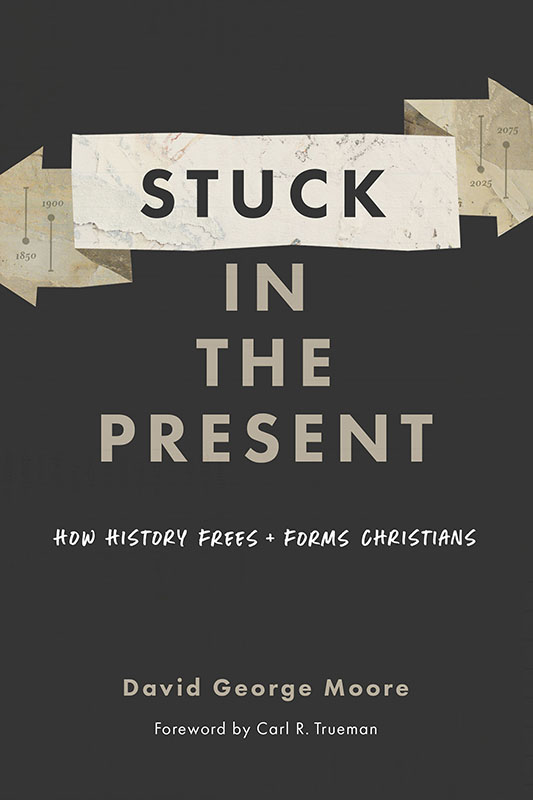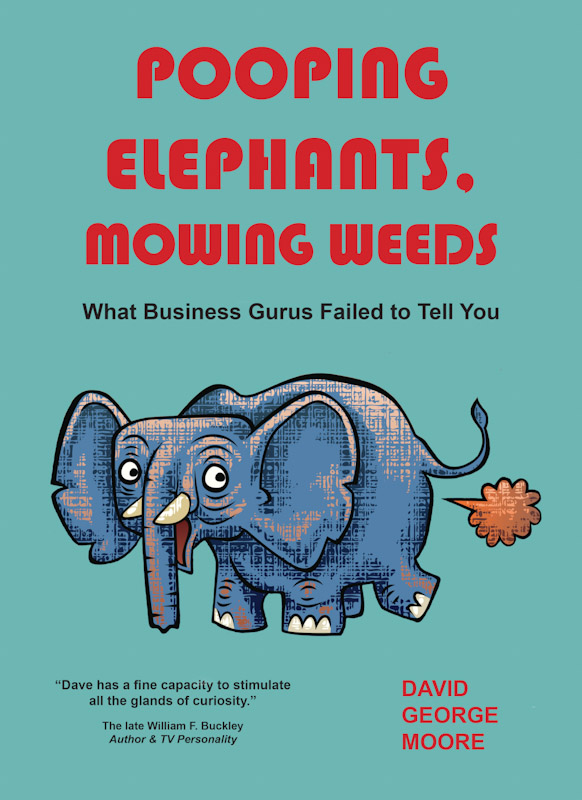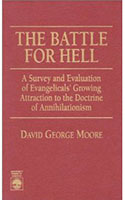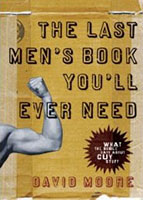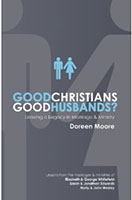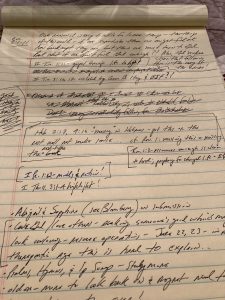Note to readers: This post does not address who is to blame for the debacle we are witnessing in Afghanistan. If that is your interest, you have ample things to read elsewhere.
“Let’s be realistic…” Three words that remind us that we have set our expectations too high. Three words that remind us that the real world is full of pain and suffering, so we better adjust our assumptions accordingly about how life really works.
But realistic can also be a cheap dodge from moral responsibility. Invoking the need to be “realistic” can protect us from the critical obligations of a moral life. And this moral life is messy and difficult whether we are looking to address our own life or the life of a country like Afghanistan.
It seems utterly irrational to hang onto a plane when it is taking off, but we Westerners make our judgments far too hastily. When King David numbered his troops and the non-military men, he fell under the discipline of the Lord. God gave David three possible options for his punishment. Let David’s response sink in deeply: “…I am in great distress. Let us now fall into the hand of the Lord, for His mercies are great; but do not let me fall into human hands.” Like the terrified Afghans, David knew full well how ruthless people can be.
From the comforts of our homes, it is understandable why we Americans feel helpless in offering anything of lasting benefit to the Afghans. I know the feeling. I wonder what I as a sixty-three-year-old man living in the safety of the American suburbs can do. It seems crazy to think I can do anything of consequence. Yes, I am terribly sad over the ghastly images I witnessed of those desperate people in Afghanistan, but then my inability to do anything screams with a clarity that seems undeniable. And inability eventually leads to a cold logic that says I have no real responsibility. It is a brutal calculus, but it permits me to go to go to bed with a clean conscience.
Realpolitik is a fancy word that describes geopolitical decisions being made based on pragmatic realities instead of allowing our moral outrage or ideological commitments to set the agenda. For example, our government (and this is true of both sides of the political aisle) understands that calling the Chinese to task for their abuse of the Uyghurs is impractical because it would hurt our economic interests. Our government can certainly offer some periodic outrage over the Uyghurs, but everyone knows, including the Chinese, that we are simply grandstanding for a hollow sound bite.
Realpolitik reminds us that America cannot be the police force for the rest of the world. It is a terrible thing to admit, but in our big and complicated world it is hard to gainsay. We Americans must simply nod in sad resignation that this is the way things are and carry on with our own lives.
During my days of college ministry, I recall hearing about a study that explained why people get more animated with lesser causes like saving the whales. Nothing wrong of course with wanting to save whales. The author of the study said people get exercised with lesser causes because the more important ones seem impossible to address. The lesser causes give us a sense that we are making some difference in the world.
It’s understandable why we are tempted to pass on bigger problems, but perhaps the crisis in Afghanistan is one we can do something about. Perhaps we are too easily invoking “Let’s be realistic about Afghanistan…” to escape things we can do.
What are those things? More than the stifling “Let’s be realistic…” will allow. Fresh brainstorming among those who know and love the Afghan people ought to be encouraged. “Let’s be realistic…” will hardly provoke the kind of creative, out of the box thinking about the issues that most vex us. “Let’s be realistic…” may also be a bogus excuse to do little to nothing when other possibilities exist, the kinds of things that only come into view when one is committed to thinking with moral clarity.

